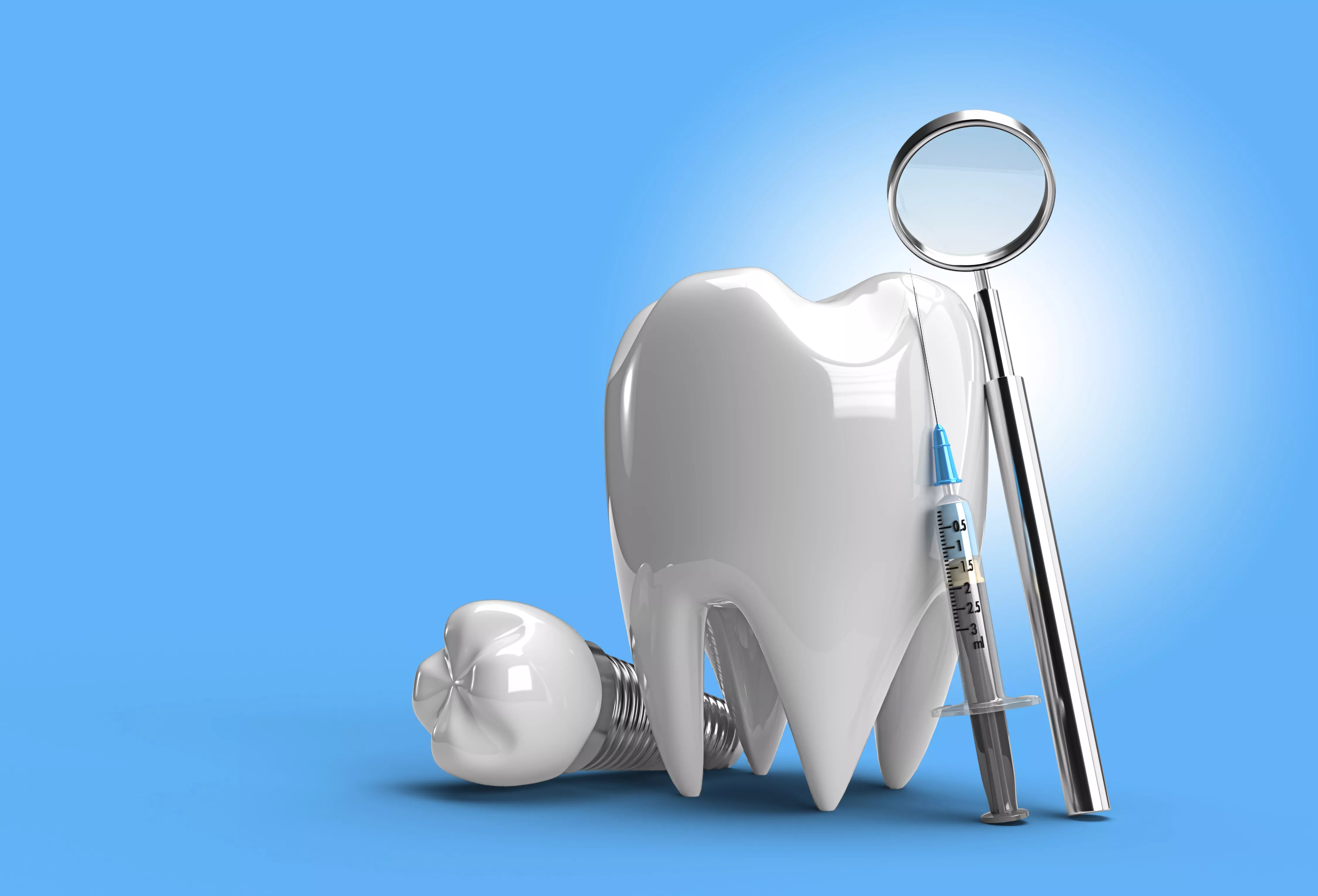Dental Implant

Dental Implant in Turkey
Dental implants; Are placed in the jawbone in order to restore function and aesthetics of the missing tooth in the mouth cavity. Implants are biocompatible screwlike posts that mimic the tooth root. Treatment of the missing teeth is completed with placing of crowns, bridges or removable dental prostheses on these screws. Since implant treatment is a surgical operation, many patients are worried. However, contrary to popular belief, implant surgery is not a difficult or scary treatment method.
Why should I have a Dental Implant?
● It offers the closest appearance to the natural tooth structure in terms of aesthetics.
● It helps to regain the deteriorated chewing function.
● Full and visually beautiful teeth in the mouth contributes positively to one"s self-confidence.
● Since it is no different from your natural teeth, you can continue to clean your dentures in the same way after the procedure is finished.
● You do not need to change your behavior and fully enjoy your daily life while eating, talking, laughing.
● Since it is applied without support from neighboring teeth, it does not harm other teeth.
● You can return to your daily life as soon as possible after the operation.
Dental Implant Treatment
First of all, the general health status of the patient is evaluated and an intraoral examination is performed. With radiographic images, it is seen whether the existing bone is suitable for the implant. The length, diameter and number of implants are decided by making millimetric measurements on this radiograph. After precise planning, surgical operation is started under local anesthesia. Slots for implants are prepared in the jawbone. Implants are placed in these opened slots and the process is finished with suturing. The temporary tooth is prepared by molding the teeth. When the patient comes to the clinic from the laboratory in the estimated time, the treatment is completed by placing a permanent prosthesis on the implant.
How Many Implants Can Be Done to the toothless patient?
A healthy mouth should have 28 teeth besides wisdom teeth. However, dental implants are not necessary for all missing teeth. Between 6 and 13 implants are applied to a person who has no teeth. Generally, 4 to 8 implants are needed for the upper jaw. For the lower jaw, 2 to 6 implants are placed. The difference in the number of implants depends on the jaw structures of the patients and the type of prosthesis to be made.
